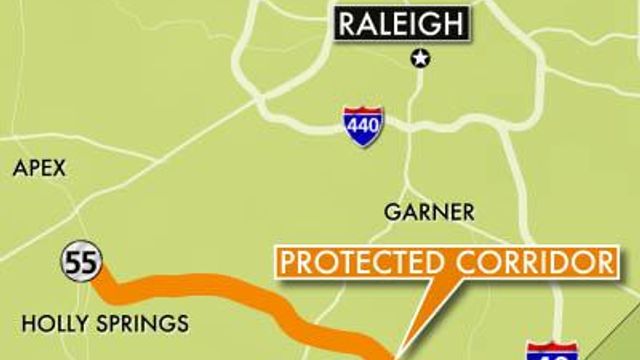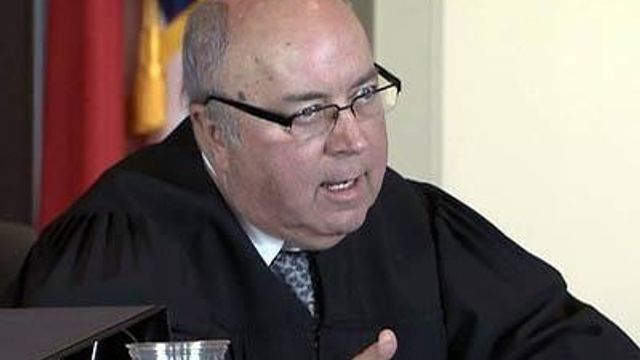Court weighs handling of suit over DOT rules for future highways
The state Court of Appeals heard arguments Wednesday on whether a lawsuit over how properties in the path of future highways are treated should be given class-action status.
Posted — UpdatedThe suit involves Forsyth County landowners, the North Carolina Department of Transportation and plans for Winston-Salem's planned Northern Beltway. But it is being closely watched by Wake County residents in the path of the southern extension of the N.C. Highway 540 toll road, who have filed a similar lawsuit.
Once the DOT maps out where future highways will go, it creates a "protected corridor" and basically prevents property owners from improving their land. Lawmakers approved the idea more than 20 years ago in the Map Act in order to save taxpayers money by keeping land-acquisition costs for roads down.
"The Fifth Amendment is so simple, it's elegant," Matthew Bryant, the lawyer for both groups of property owners argued to the appeals court judges. "(It concludes) 'nor shall private property be taken for a public purpose without payment of just compensation.'"
The Forsyth County landowners are appealing a Superior Court judge's decision to deny their suit class-action status. The judge ruled that their properties, which include farmland, apartments and convenience stores, are too different to be grouped into a single lawsuit. The landowners claim they all share the same burden of being in a protected corridor.
"It'll start a precedent for our case in Wake County," said Martha Wiseman, one of the landowners suing over the N.C. 540 corridor.
Bryant said 125 to 140 property owners in southern Wake County are affected by the corridor, and some have had their property tied up for 15 years.
"We're fussing about a substantial interference with our property rights," he said.
The state maintains that each property needs to be handled individually, and that the lawsuit doesn't merit a class action.
"Where's the (burden), if you will, of the Map Act on those plaintiffs? Does it impair their ability to sell their property?" a lawyer with the Attorney General's Office argued on behalf of DOT.
"It impairs them because no one wants to buy a home or a building that's going to be in a highway in 10 or 15 years," Judge Robert Hunter Jr. shot back.
According to state law, the protected corridor can remain as long as it takes to build the road. There's no current timetable to build the southern portion of N.C. 540.
Residents said it's time for DOT to buy the land, but agency officials said they don't have the money to do that.
"We can't sell (our property) to anybody but the state, and they really don't want it right now. They kind of have us over a barrel," Wiseman said.
Angie Crumpler's 85-year-old father moved out of his southern Wake County home when his wife died in 2010, but they can't sell the property.
"We're actually in Never Never Land. We don't know what to do with it," Crumpler said.
Pat Johnson wants to develop her Holly Springs property to help pay her property tax.
"We've got to generate some revenue, and the revenue comes from the land," Johnson said.
The Court of Appeals is expected to rule on the class-action status of the Forsyth County case in about three months.
• Credits
Copyright 2024 by Capitol Broadcasting Company. All rights reserved. This material may not be published, broadcast, rewritten or redistributed.






